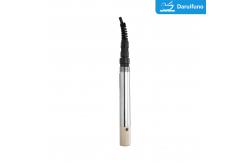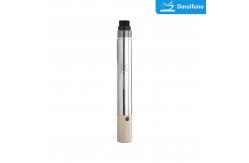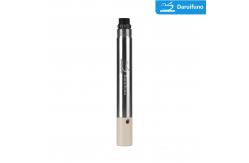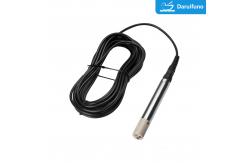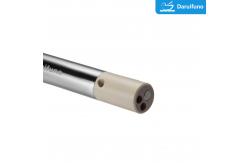4 Electrode Salinity Sensor RS485 Modbus For Seawater Aquaculture
|
|
4 Electorde Salinity Sensor With RS485 For Seawater Aquaculture
The four-electrode salinity sensor DEC351 is used to measure the salinity in liquid, and it has higher accuracy, stability and anti-interference ability than the traditional two-electrode sensor. However, proper cleaning, calibration, maintenance and protection processes are critical in order to ensure their proper functioning and accurate measurement results.
Advantages of the four-electrode salinity sensor DEC351:
Stability: Since the electrode polarization problem is eliminated, the four-electrode sensor can still maintain good stability after long-term use, reducing the frequency of calibration and maintenance.
Immunity to Interference: The four-electrode salinity sensor is designed to be more immune to interference, providing accurate salinity measurements in the presence of other ions or impurities.
Wide measurement range: Four-electrode sensors typically have a wider measurement range, enabling accurate measurements at varying salinity levels.
Specification:
Please click the user manual of RS485 Salinity sensor here:
Features& Advantages
Salinity sensors are mainly used in the following Aplication:
Oceanographic Research: Salinity sensors are widely used in oceanography and marine research. Measuring the salinity of seawater helps to understand the distribution and amount of salt in the ocean, which is crucial for studying the marine environment, marine life and ocean circulation.
Water Quality Monitoring: In hydrology and environmental science, salinity sensors are used to monitor the salinity of freshwater lakes, rivers and reservoirs. These data can provide information about the amount of dissolved substances in the water body and the degree of salinization of the water body.
Aquaculture: In the aquaculture industry, controlling salinity in water bodies is critical to ensuring the health and growth of aquatic organisms. Salinity sensors can be used to monitor salinity in aquaculture ponds or water bodies for necessary adjustments and management.
Food processing industry: In some food processing industries, such as the salt industry, salinity sensors are used to monitor and control the salinity during food processing.
Medical use: In some medical fields, such as physiology research and some medical testing equipment, salinity sensors may also be used to measure the salinity of liquid samples.
Water resource management: Salinity sensors help monitor groundwater and saline intrusion, providing vital data for water resource management.
|
|||||||||||||||||||||||||||||||||||||||||||||||||||||||||||||||||||||
| Product Tags: 4 Electrode Salinity Sensor Seawater Aquaculture Salinity Sensor RS485 Salinity Detector | |||||||||||||||||||||||||||||||||||||||||||||||||||||||||||||||||||||

|
SS316 Conductivity Sensor With Replaceable Measuring Head For Water Treatment |
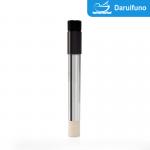
|
Digital RS485 Four-Electrode Conductivity Salinity Sensor For Seawater |
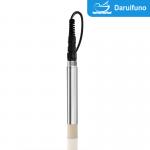
|
Digital RS485 Four-Electrode Conductivity Salinity Sensor For Sewage Treatment |
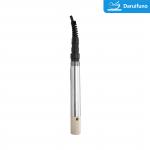
|
4 Electrode Salinity Sensor RS485 Modbus For Seawater Aquaculture |

|
High Measuring Range Four Electrode Conductivity Sensor For Sea Water |
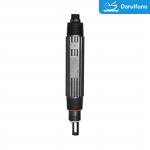
|
RS485 Two Electrode Online Conductivity Sensor For Industry Sewage |

